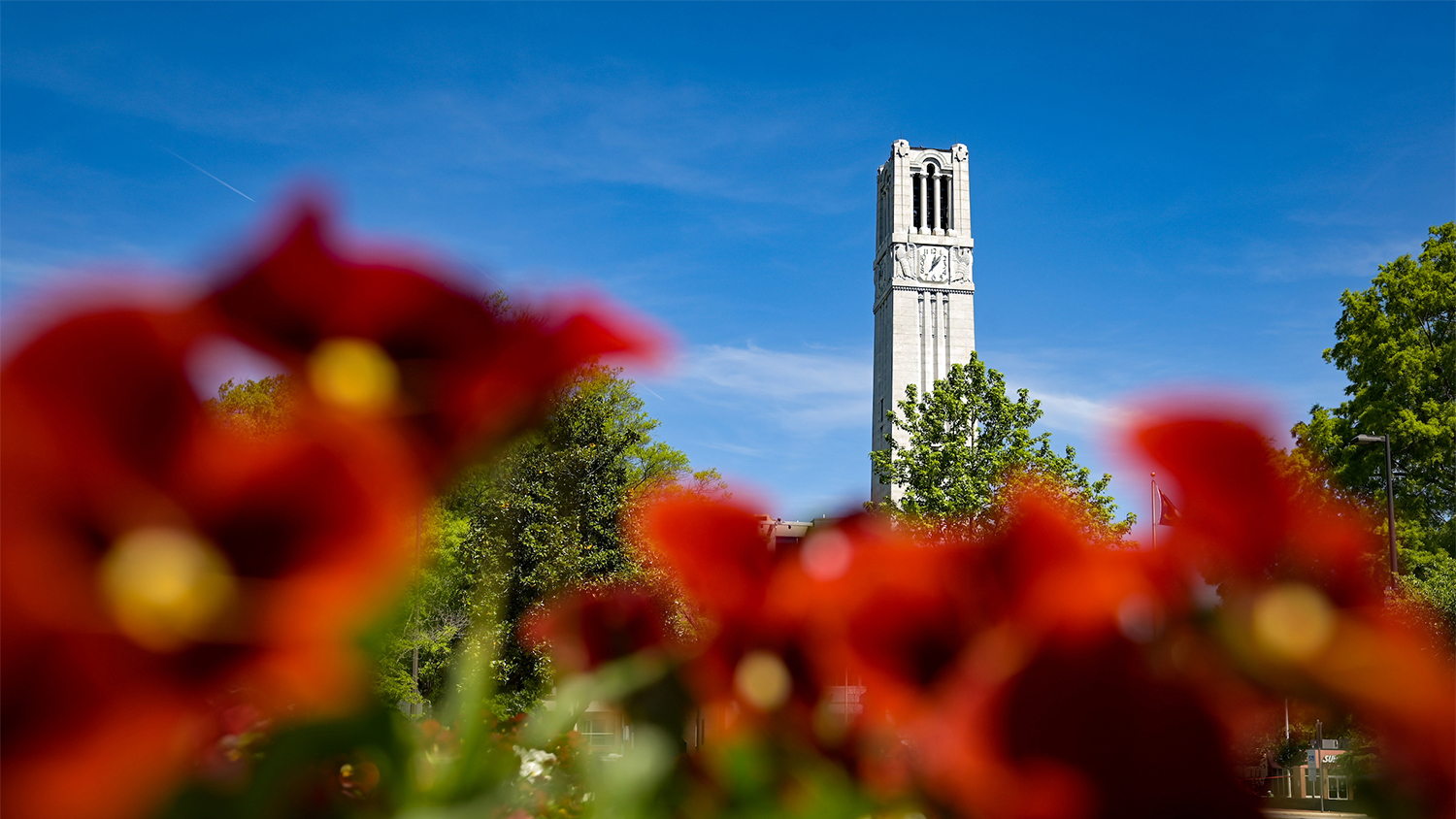Abolhasani to receive 2024 CRE Early Career Investigator Award

Prof. Milad Abolhasani has been named the recipient of AIChE’s 2024 Catalysis & Reaction Engineering Division Early Career Investigator Award, the Maria Flytzani-Stephanopoulos Award. This prestigious award recognizes individuals who have made significant contributions to the science and/or technology of catalysis and chemical reaction engineering within 10 years of earning their Ph.D. The candidate must have made important and specific technical contributions, verifiable by evidential materials, to the discovery, invention, characterization, modeling, development, design or implementation of products, catalysts, or processes through ingenious and creative application of chemical reaction engineering and/or catalysis concepts.

At NC State, Prof. Abolhasani’s diverse research group is focused on creating self-driving labs that are tailored toward accelerated development and manufacturing of advanced functional materials and molecules. Their core achievements have come by combining fluidic micro-processors and artificial intelligence.
Prof. Abolhasani has received numerous awards and fellowships in recognition of this work, including the NSF CAREER Award, AIChE 35 Under 35, and the Dreyfus Award for Machine Learning in the Chemical Sciences & Engineering. Since joining the department, he has 73 publications and 11 patents or patent applications.
Prof. Abolhasani will receive this award at the CRE division dinner during the AIChE Annual Meeting in October 2024. A technical symposium will be held in his honor during the AIChE 2025 Annual Meeting.
Interested in reading more about Prof. Abolhasani’s research? Check out his website here, or any of the following articles:
Congratulations to Prof. Abolhasani on this extraordinary accomplishment!
This post was originally published in the Department of Chemical and Biomolecular Engineering.
- Categories:


